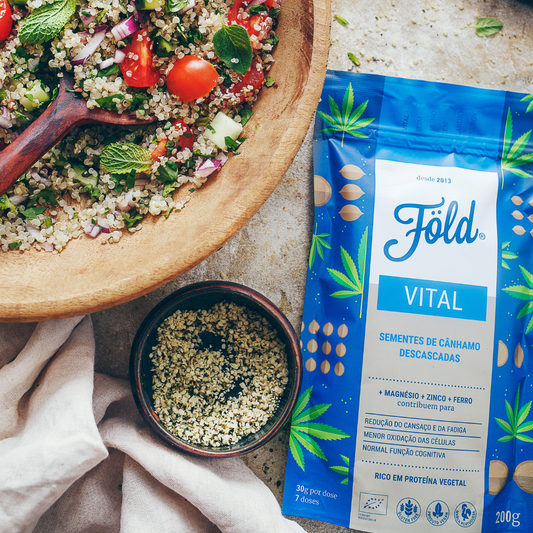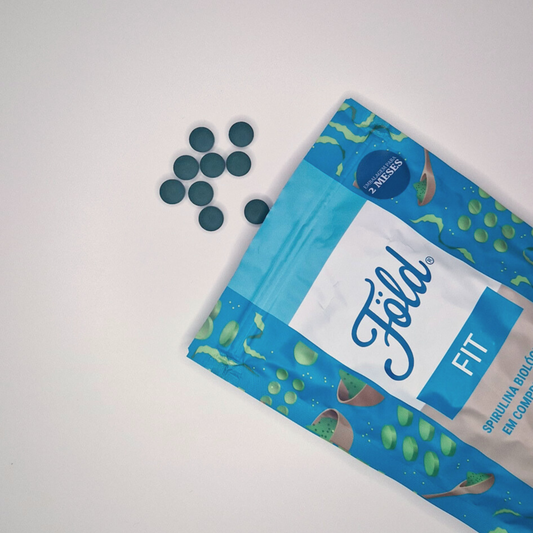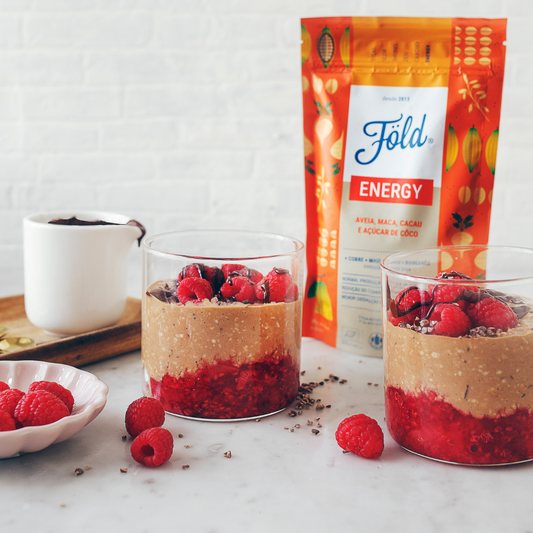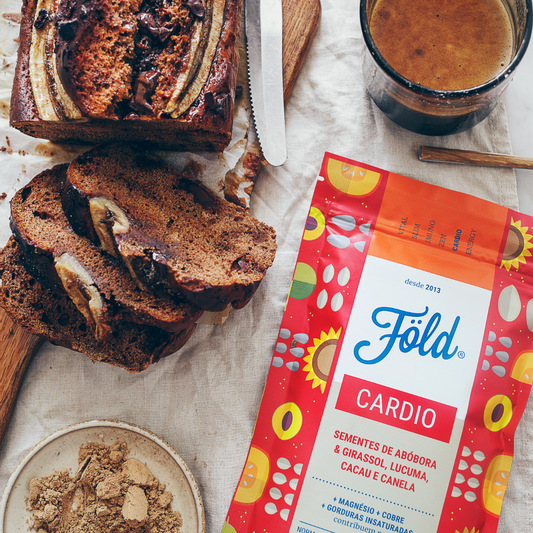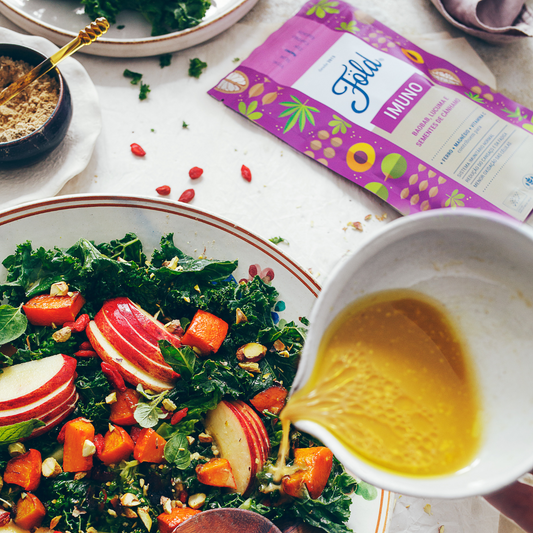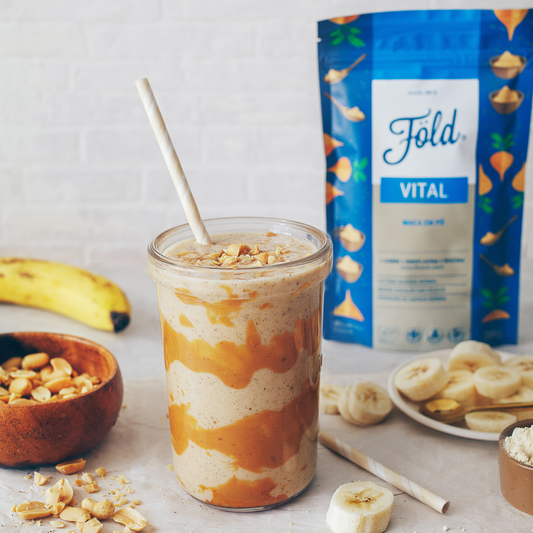Starting a diet with organic foods is a healthy and sustainable way to nourish your body and take care of the environment. Organic foods are grown without the use of pesticides and synthetic fertilizers, resulting in high-quality ingredients free of harmful chemical residues. In this comprehensive guide, we will explore the benefits of an organic food diet, provide tips for purchasing and including these foods in your daily diet.
Benefits of a Diet with Organic Foods
A diet with organic foods offers a series of health benefits. These foods are grown in nutrient-rich soils, which results in more nutritious ingredients. Additionally, they contain no artificial additives, preservatives or colorings. By choosing organic foods, you will be making a nutritional choice to provide your body with the essential nutrients it needs to function properly.
Organic foods are also free from genetically modified organisms (GMOs). This means that you will avoid consuming genetically altered ingredients, which may have unknown effects on human health. By opting for a diet with organic foods, you will be consuming ingredients in their original and natural form.
In addition to the health benefits, a diet with organic foods is also beneficial for the environment. Organic farming promotes the preservation of biodiversity, soil and water conservation, as well as contributing to the reduction of air pollution and chemical contamination. By choosing organic foods, you will be supporting a more sustainable form of agriculture and helping to protect the planet for future generations.
Tips for Buying Organic Food
When starting a diet with organic foods, it is important to know how to identify and purchase these products. Here are some helpful tips:
-
Look for the organic certification seal: When buying organic foods, look for products with the European Union organic certification seal. This seal guarantees that the food was produced in accordance with specific rules and regulations for organic farming. Foods with the organic seal have undergone a rigorous certification process and are a guarantee of quality and authenticity.
-
Visit local farmers markets: Farmers markets are great places to find fresh, local, organic foods. Talk to farmers and producers to get more information about their growing practices. Buying food directly from local producers not only guarantees the freshness and quality of the products, but also supports the local economy.
-
Read food labels: When purchasing packaged foods, read labels carefully. Look for organic ingredients and avoid products that contain pesticides, synthetic fertilizers and artificial additives. Additionally, check whether the product has the appropriate organic certification.
-
Prioritize seasonal foods: Seasonal organic foods tend to be fresher, tastier and more nutritious. They also tend to be more affordable, as they are in abundant harvest season. By consuming seasonal foods, you are making the most of the season's natural and diverse offerings.
-
Start slowly and make substitutions: If you are starting an organic food diet, it may be helpful to make gradual substitutions in your diet. For example, start by replacing some non-organic foods with organic options. As you adapt and find new organic foods that you like, you can gradually expand your diet to include more organic foods.
Include Organic Foods in Your Daily Diet
Incorporating organic foods into your daily diet can be easy and delicious. Here are some ways to include organic foods in your meals:
-
Fruits and vegetables: Start by adding organic fruits and vegetables to your daily diet. You can consume them fresh, make juices or smoothies, or include them in salads, soups and main dishes.
-
Grains and cereals: Choose organic grains and cereals, such as brown rice, quinoa, oats and organic wholemeal bread. These foods are rich in fiber and essential nutrients.
-
Proteins: Choose meat, poultry, eggs and dairy products from animals raised in organic systems. They are hormone and antibiotic free, making them a healthier option for your diet. Also ensure that you have a range of plant-based products that can also be an important source of protein, such as hemp seeds.
-
Snacks and processed foods: When purchasing snacks and processed foods, look for organic options. There are several brands that offer organic biscuits, cereal bars, snacks and pre-packaged foods.
-
Cook at home: One way to have complete control over the food you consume is to cook at home. When preparing your own meals, you can use fresh organic ingredients and create delicious and healthy dishes.
With the tips provided in this guide, you are ready to start incorporating organic foods into your daily diet. Remember to look for the organic certification seal, prioritize seasonal foods, buy from local markets and make gradual changes to your diet.
Enjoy the fresh, authentic flavors of organic foods while nourishing your body in a healthy and sustainable way.
Consuming Föld is an easy and quick way to consume organic ingredients, which preserve all their superfood characteristics and guarantee a response to various health and well-being objectives.



